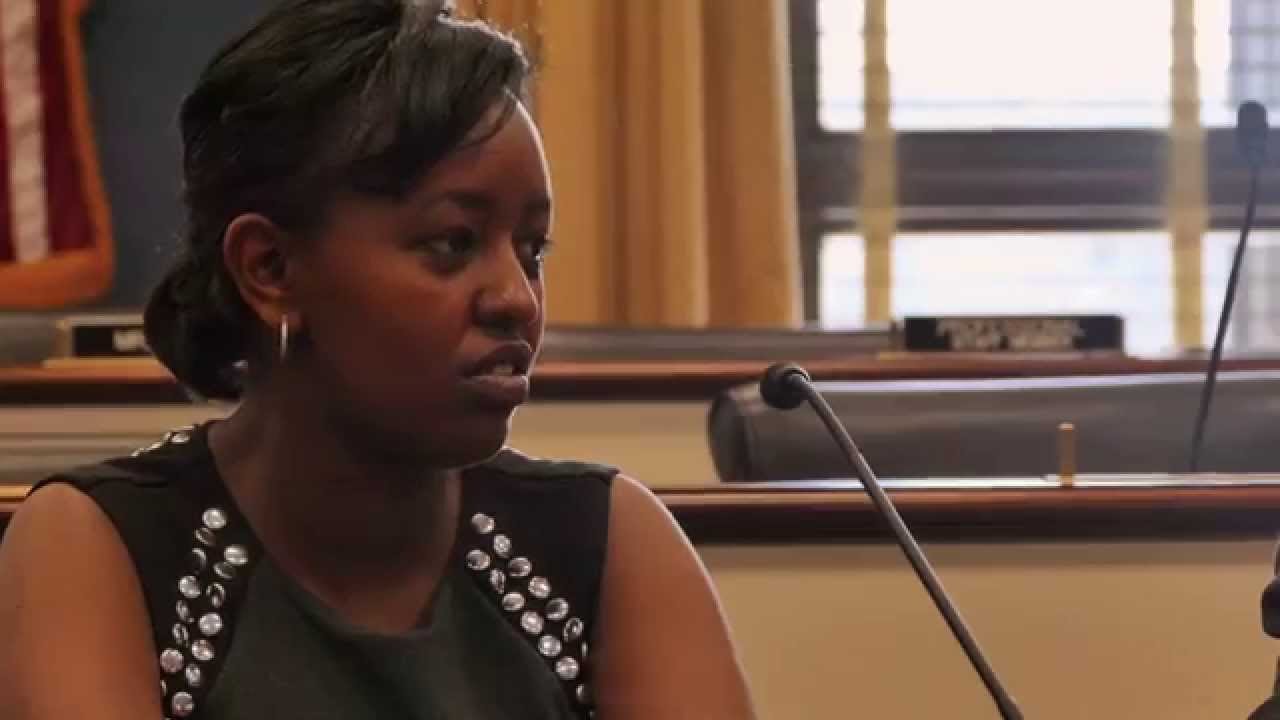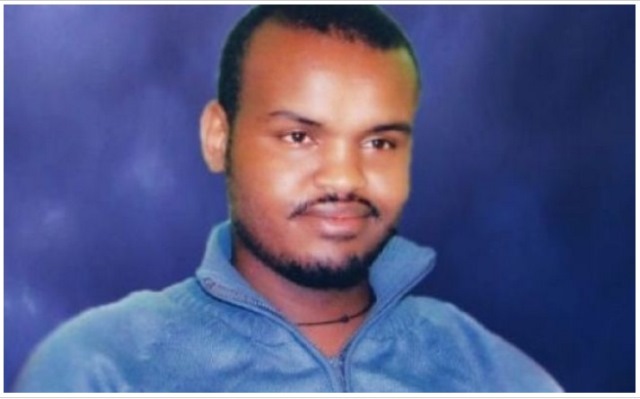…as Governments in Ethiopia, Nigeria and Tanzania Tighten Grip.
By TZ Business News Staff and Agencies.
Battles between bloggers and African Governments are raging across the continent with no end in sight. The US-based Committee to Protect Journalists (CPJ) has published reports recently indicating battles are especially intense in Eritrea, Ethiopia and Nigeria.
Tanzania does not feature prominently on CPJ’s reports, but the Tanzanian blogger Maxence Melo faces three internet related court cases in Dar es Salaam for refusing to identify anonymous contributors to his JamiiForums.com. The Government apparently wants to identify who sends secret government information leaks to Maxence. The Tanzanian blogger is out on bail with the help of six guarantors who have signed hefty bonds.
CPJ’s latest report says Eritrea, North Korea and Saudi Arabia have the most restricted press freedom worldwide. Eritrea has scored high on CPJ’s list of the 10 most censored countries for years.
Ethiopia’s Supreme Court ruled in early April 2017 that two bloggers from the organization Zone 9 previously acquitted of terrorism charges should instead be tried on charges of inciting violence through their writing.

Bloggers from top: Kemi Omololu-Olunloyo of Nigeria, Atnaf Berhane of Ethiopia, and Natnail Feleke of Ethiopia.
If convicted of the charge, Atnaf Berhane and Natnail Feleke would face a maximum prison sentence of 10 years, according to the Addis Standard newspaper.
The court upheld the lower court’s acquittal of two other Zone 9 bloggers, Soleyana S Gebremichael and Abel Wabella. The actions by the Supreme Court was a response to prosecutors’ appeal of the October 2015 acquittal of all four.
CPJ has urged Ethiopian authorities to drop any further prosecution of Atnaf Behane and Natnail Feleke on charges relating to their work, according to CPJ Africa Program Coordinator Angela Quintal.
Ethiopia is ranked fourth on CPJ’s 2015 list of the 10 Most Censored Countries and is the fifth worst jailer of journalists worldwide, according to CPJ’s 2016 prison census.
In Abuja, Nigeria, authorities arrested the blogger Kemi Omololu-Olunloyo and newspaper publisher Samuel Welson and placed them in a maximum security prison to await trial on charges of defamation and publishing false news.
Police on March 13, 2017 arrested Omololu-Olunloyo, who runs the blog HNN Africa from home in the southwestern city of Ibadan, for publishing on Instagram a letter purportedly from a church goer accusing a woman of using juju to convince a pastor and other men to sleep with her and to give her gifts, according to media reports.
The post has since been removed from Instagram, but a legal document CPJ has reviewed indicates it was published first “on or about” February 17. When she published the letter, she wrote that neither the pastor nor the woman had responded to her request for comment.
On March 15, 2017 police arrested Samuel Welson, publisher of the Port Harcourt tabloid newspaper Rivers Today, after the newspaper republished the letter, according to Phoebe Fawehinmi, who is representing both journalists. A legal document available to CPJ lists the date Rivers Today published the document as “on or about” February 20.
On March 15, police drove Omololu-Olunloyo more than 600 kilometers (373 miles) across the country, from Ibadan to Port Harcourt, where a court ordered her and Welson jailed in a maximum security prison, pending trial on charges of criminal defamation and false news, according to news reports and the legal document.
“Defamation allegations should never be a criminal matter,” CPJ West Africa representative Peter Nkanga said. “We call on Nigerian authorities to release Kemi Omololu-Olunloyo and Samuel Welson without condition or charge, and to cease prosecuting journalists on charges of defamation or publishing false news.”






